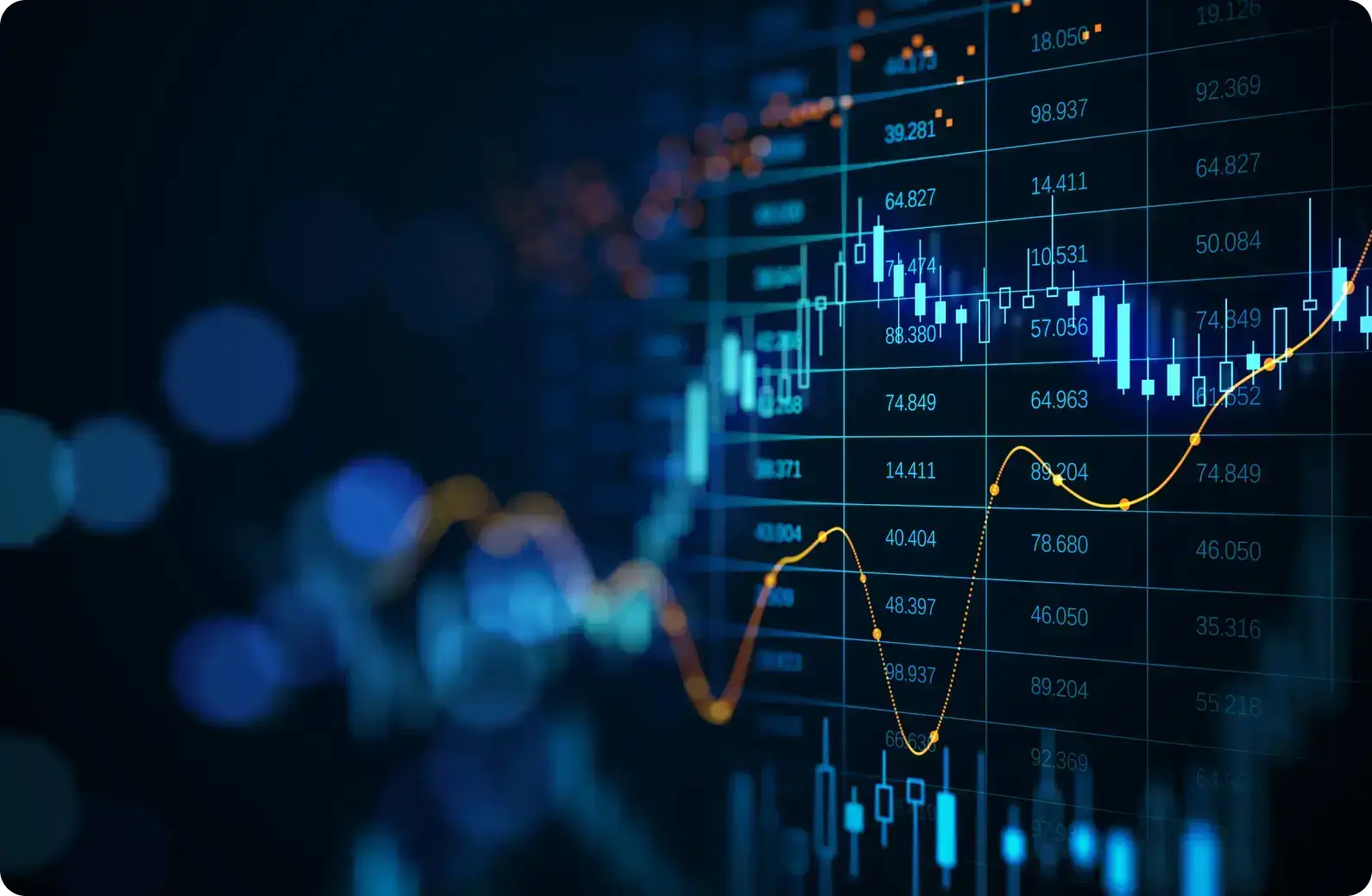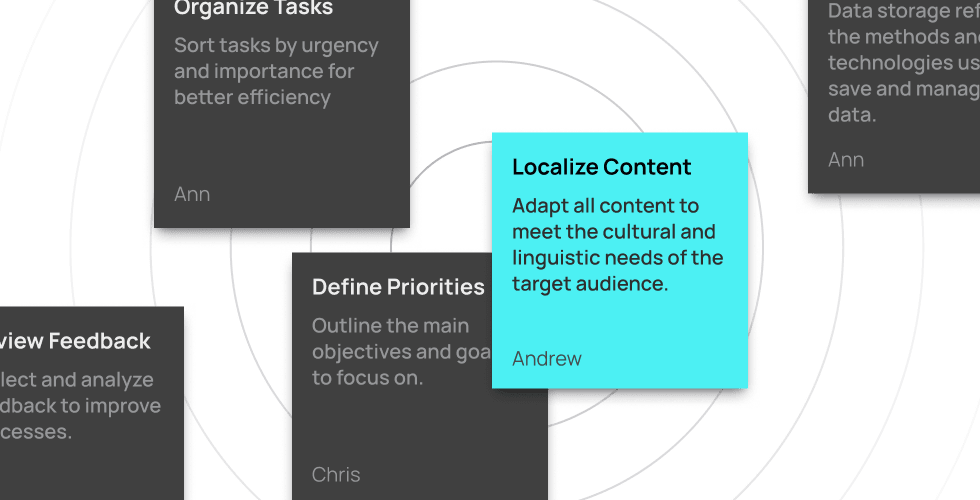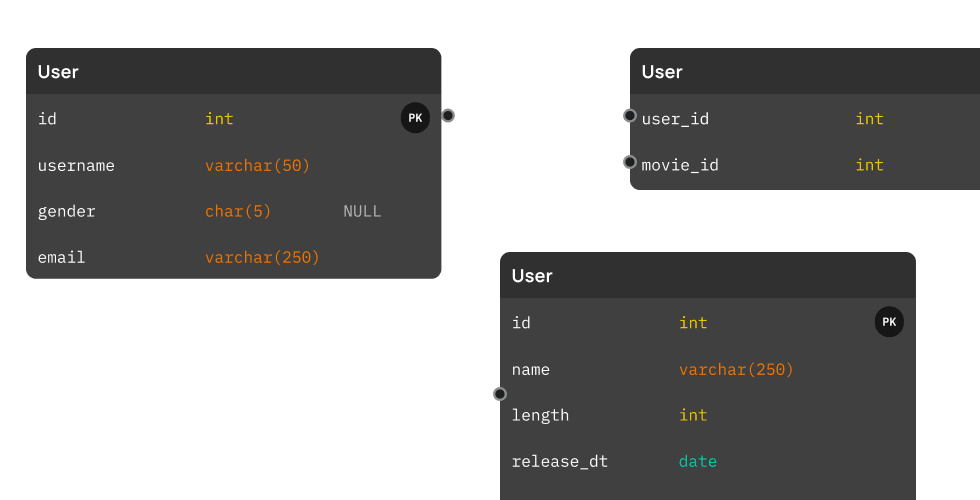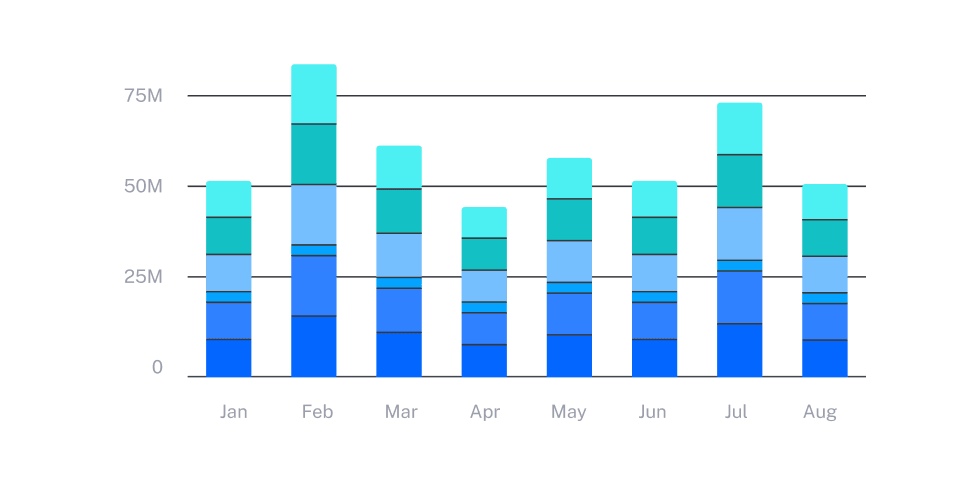What is Data Science?

Data science is the key to transforming raw data into meaningful insights that drive decision-making and strategic planning. By applying advanced analytical techniques, data science enables businesses to predict trends, uncover patterns, and make data-driven decisions.
Proof of the pudding: According to a report by McKinsey, data-driven organizations are 23 times more likely to acquire customers, six times as likely to retain customers, and 19 times more likely to be profitable than organizations that don't leverage data.
How does it work?
01
Data collection
Gathering relevant data from various sources such as databases, APIs, and sensors.

02
Data Cleaning
Preprocessing the data to handle missing values, remove duplicates, and correct errors.

03
Data Exploration
Analyzing the data to understand its structure, distribution, and key characteristics

04
Data Transformation
Converting data into suitable formats for analysis, such as normalizing values or creating new derived features.

05
Model Building
Developing statistical or machine learning models to make predictions or discover patterns.

06
Model Evaluation
Assessing the model's performance using metrics like accuracy, precision, and recall to ensure it meets the desired criteria.

07
Model deployment
Implementing the model in a real-world environment to generate insights or automate decisions.

08
Monitoring and Maintenance
Continuously tracking the model's performance and updating it as necessary to maintain its accuracy and relevance.

How businesses are using
Data Science
From enhancing customer engagement to automating support tasks, Conversational AI is transforming various industries and allowing them to scale without adding cost or compromising on service promises.
Healthcare
Data science enables healthcare providers to improve patient outcomes through predictive analytics and personalised treatment plans. It also aids in drug discovery and the management of healthcare resources.
Case Study: Mount Sinai Health System uses data science to predict patient deterioration, allowing for timely interventions that improve patient care and reduce hospital stays.
Use cases:
- Predictive analytics for patient deterioration.
- Personalised treatment plans based on genetic data.
- Optimising resource allocation in hospitals.
- Accelerating drug discovery processes.


Data science enables healthcare providers to improve patient outcomes through predictive analytics and personalised treatment plans. It also aids in drug discovery and the management of healthcare resources.
Case Study: Mount Sinai Health System uses data science to predict patient deterioration, allowing for timely interventions that improve patient care and reduce hospital stays.
Use cases:
- Predictive analytics for patient deterioration.
- Personalised treatment plans based on genetic data.
- Optimising resource allocation in hospitals.
- Accelerating drug discovery processes.

Financial institutions leverage data science for fraud detection, risk management, and to enhance customer service through personalised financial products.
Case Study: PayPal uses data science to detect fraudulent transactions in real-time, significantly reducing financial losses and improving customer trust.
Use cases:
- Real-time fraud detection.
- Risk assessment for credit and loans.
- Personalised financial product recommendations.
- Enhancing customer service through chatbots.

Retailers use data science to understand customer preferences, manage inventory, and optimise pricing strategies. This technology also helps in creating personalised marketing campaigns.
Case Study: Starbucks uses data science to personalise customer experiences by analysing purchase history and preferences, leading to increased customer loyalty and sales.
Use cases:
- Customer preference analysis for personalised experiences.
- Inventory management and demand forecasting.
- Dynamic pricing strategies.
- Targeted marketing campaigns.

In manufacturing, data science improves operational efficiency through predictive maintenance, quality control, and supply chain optimisation.
Case Study: Siemens leverages data science for predictive maintenance of its manufacturing equipment, reducing downtime and maintenance costs.
Use cases:
- Predictive maintenance for machinery.
- Quality control through defect detection.
- Optimising production processes.
- Enhancing supply chain management.
Core Data Science techniques

Data Collection
Data collection involves gathering raw data from various sources such as databases, APIs, sensors, and user interactions.

Data Storage
Data storage refers to the methods and technologies used to save and manage data securely and efficiently.

Data Extraction
Data extraction involves retrieving relevant information from various sources for analysis.

Data Cleaning / Refining
Data cleaning involves correcting or removing inaccuracies, inconsistencies, and errors from the dataset to improve its quality.

Data Analysis
Data analysis involves inspecting, cleansing, transforming, and modeling data to discover useful information, draw conclusions, and support decision-making.

Data Visualization
Data visualization is the graphical representation of data to help stakeholders understand complex data insights through visual elements like charts, graphs, and maps.
Get custom AI solutions covering your unique business needs
Basic techniques of data science
Data science encompasses a variety of techniques and methods used to analyze and interpret complex data. Below are some key techniques essential for data science.
Probability and Statistics:
Probability and statistics provide the foundation for analyzing data and making predictions.
Distribution Analysis
Distribution analysis examines how data points are dispersed across a range of values. It helps in identifying patterns and anomalies in datasets.
Regression Analysis
Regression analysis predicts future outcomes by modeling the relationship between dependent and independent variables using statistical techniques.
Descriptive Statistics
Descriptive statistics utilizes measures such as mean, median, and standard deviation to provide a summary of key data characteristics
Inferential Statistics
Inferential statistics draws conclusions and makes predictions about a population based on analysis of a sample from that population.
Non-parametric Statistics
Non-parametric statistics analyze data without assuming any specific data distribution, useful for handling data that do not fit normal distribution patterns.
Hypothesis Testing
Hypothesis testing evaluates the validity of assumptions or claims about a dataset using sample data analysis.
Linear Regression Models
Linear regression models the relationship between variables using a straight line to predict the value of a dependent variable based on one or more independent variables.
Logistic Regression
Logistic regression is used for classification tasks to predict binary outcomes, modeling the probability of a binary response based on one or more predictor variables.
Neural Networks
Neural networks mimic the human brain to recognize complex patterns in data, making decisions for tasks such as image and speech recognition.
K-means Custering
K-means clustering is a method of partitioning data points into k distinct clusters based on similarity. It is useful for exploratory data analysis and identifying natural groupings in data.
Decision Trees
Decision trees use a tree-like structure to make decisions based on data, splitting data into branches to visualize decisions and predict outcomes.
Data science technologies
Artificial Intelligence
AI leverages data science to create intelligent systems that can learn and adapt.
Use Cases:
01
Automated customer service with chatbots
02
Predictive analytics for business forecasting.
03
Personalised marketing strategies.
04
Enhancing product recommendations.
Cloud Computing
Cloud platforms provide the infrastructure needed to store and process large datasets.
Use Cases:
01
Scalable data storage solutions.
02
High-performance computing for data analysis.
03
Collaborative data science projects.
04
Real-time data processing and analytics.
Internet of Things (IoT)
IoT devices generate vast amounts of data that can be analysed to gain insights.
Use Cases:
01
Predictive maintenance for industrial equipment.
02
Smart home automation and energy management.
03
Real-time health monitoring with wearable devices.
04
Optimising supply chain logistics.
Quantum Computing
Quantum computing offers the potential to solve complex data problems much faster than classical computers.
Use Cases:
01
Optimising complex supply chain logistics.
02
Accelerating drug discovery processes.
03
Enhancing cybersecurity measures.
04
Solving complex financial models and simulations.
Evolution of Data Science
Over the past 20 years, data science has evolved from a niche academic discipline to a critical business function. In the early 2000s, data analysis was primarily limited to traditional statistical methods and database management. With the advent of big data in the mid-2000s, the volume, variety, and velocity of data increased exponentially, necessitating more sophisticated tools and techniques.
The rise of machine learning in the 2010s marked a significant turning point, enabling the development of predictive models that could uncover hidden patterns and insights from massive datasets. During this period, the proliferation of open-source tools like Python and R, along with frameworks such as Hadoop and Spark, democratized data science, making it accessible to a broader range of practitioners.
In recent years, advancements in artificial intelligence (AI) and deep learning have further transformed the field, allowing for more complex data analyses and the automation of decision-making processes. Cloud computing has played a pivotal role, offering scalable resources for data storage and processing, while the integration of data science with Internet of Things (IoT) devices has enabled real-time analytics.
Today, data science is integral to business strategy, driving innovation across various industries, from healthcare and finance to retail and manufacturing. The continuous evolution of data science technologies promises even greater capabilities, shaping the future of data-driven decision-making.
Data science is rapidly evolving, driven by advancements in technology and innovative applications across various industries.
Questions & answers
Why should we choose DevicoAI as a vendor for data science services over competitors?
With advanced data science techniques and technologies, DevicoAI helps you maximize the value of your data to make smarter business decisions and decrease your operational costs.
How much do data science services cost?
The cost depends on the complexity of the project, the technologies involved, and the scope of the solution. We offer tailored pricing based on your needs and goals to ensure you get the best value for your investment.
Do I need a lot of data to start data science projects?
The amount of data required depends on the specific project and chosen algorithms. We can help you assess your data readiness and explore strategies for maximising its value.
Book a free consultation
Let’s discuss how we can help you achieve your goals effortlessly and affordably




